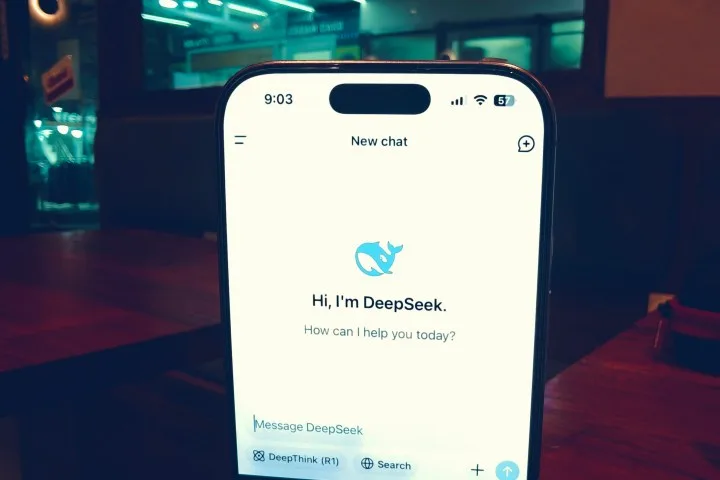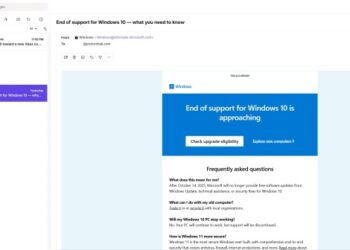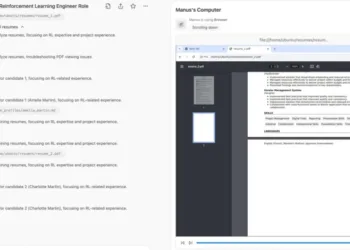
Microsoft, a key investor in OpenAI, is currently investigating whether DeepSeek, a Chinese company, employed unethical practices to develop its reasoning models. According to Bloomberg Law, Microsoft suspects that DeepSeek violated its terms by using its application programming interface (API) to train the newly introduced R1 model.
This information follows comments made by David Sacks, the White House’s AI and cryptocurrency advisor, during a Fox News interview, where he suggested it was “possible” that DeepSeek had “stolen intellectual property from the United States.”
Sacks asserted, “There’s substantial evidence that what DeepSeek did here is they distilled the knowledge out of OpenAI’s models.”
The AI community has expressed excitement over DeepSeek’s ability to efficiently train AI models within a year utilizing only $5.6 million. However, there are concerns that this speed and cost may stem from the company using another firm’s model as a foundation.
DeepSeek might have applied a technique known as distillation, which involves a “teacher-student” relationship between two models, allowing one to glean information from the other. This could potentially explain the company’s low operational costs and reliance on less advanced Nvidia H800 chips. As a result, DeepSeek may be challenged to demonstrate that it complied with legal requirements during its model development.
Prior to these latest allegations, experts had hypothesized that DeepSeek may have utilized reverse engineering to inform its model training. This method involves deconstructing models to understand their patterns and biases, which could enhance future iterations. Reverse engineering is a practice commonly accepted among open-source developers and is generally regarded as legal.
Security researchers affiliated with Microsoft have suggested that DeepSeek may have extracted a significant amount of code from OpenAI’s API as early as fall 2024. It is reported that Microsoft alerted OpenAI about this breach at that time. The rollout of the R1 model last week has attracted considerable attention towards the Chinese AI firm and its affiliates.
DeepSeek has earned accolades as an open-source AI platform, encouraging development by a wide array of users. This aspect contributes to the enthusiasm surrounding the application, especially when compared to leading technologies like ChatGPT and Google Gemini. While OpenAI is not an open-source service, it does allow users to sign up for its API, clearly outlining in its terms that outputs should not be utilized to train other AI models, as highlighted by TechCrunch.
A spokesperson for OpenAI remarked to Reuters that it has become increasingly routine for various global firms to attempt to replicate established U.S. models without permission.
“We engage in counter-measures to protect our intellectual property, including a carefully curated process regarding which frontier capabilities to incorporate in released models. We believe it is essential to work closely with the U.S. government to safeguard our most advanced models against unauthorized efforts by competitors and adversaries to appropriate U.S. technology,” the spokesperson said.





